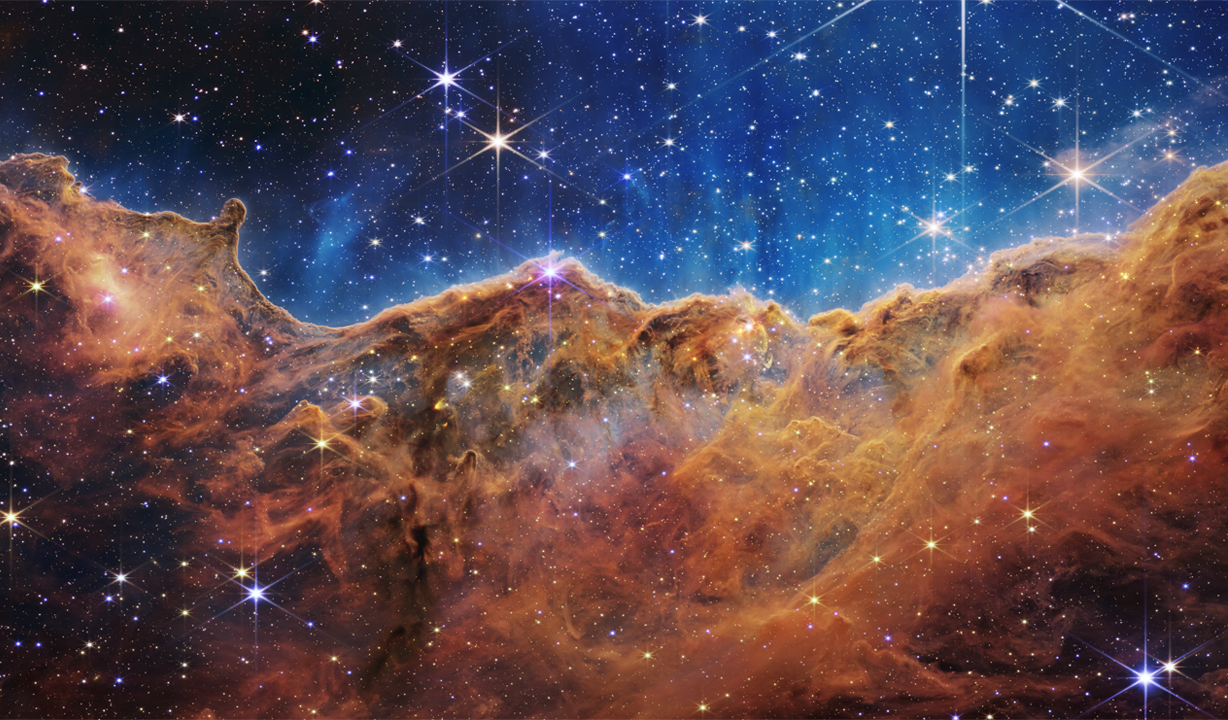The article states:
The short answer is that the Big Bang gets away with it because it is expanding rapidly near the beginning and the rate of expansion is slowing down. The Schwarzschild limit does not apply to rapidly expanding matter.
If this is true, then the question is what is the cause of the rapid rate of expansion? Is this referring to inflation? If so, I’ve addressed there’s problems with that, including one of the originators of cosmic inflation theory abandoning it.
The Big Bang is therefore more like a “white hole”: the time-reversed version of a black hole. According to classical general relativity white holes should not exist, since they cannot be created for the same (time-reversed) reasons that black holes cannot be destroyed. But this might not apply if they have always existed.
Actually, this is more accurate terminology. My model is not a “black hole”, but a “white hole”.
For an interesting 2020 article in Forbes, “Did A Black Hole Give Birth To Our Universe?” read HERE
The article states:
Then, if you like, you can ask a rather profound question: if the entire Universe were compressed into a single point, what would happen? The answer is the same as it would be if you compressed any large-enough collection of mass or energy into a single point: it would form a black hole. What’s remarkable about Einstein’s theory of gravity is that if this collection of mass-and/or-energy isn’t charged (electrically) and isn’t rotating or spinning (i.e., without angular momentum), the total amount of mass is the only factor that determines how large the black hole is: what astrophysicists call its Schwarzschild radius.if you examine all the properties of space outside of a black hole’s event horizon, from R to ∞, and compare them to all the properties of space inside the black hole’s event horizon, from R to 0, they are identical at every single point. All you have to do is replace the distance, r, with its reciprocal, 1/r (or, more accurately, to replace all instances of r/R with R/r), and you’ll find that the black hole’s interior is mathematical identical to the black hole’s exterior.
We don’t know whether our Universe was birthed by the creation of a black hole, but at this point, it’s a tantalizing possibility that we would be foolish to rule out.
From my reading of it, the article isn’t conclusive one way or another about if the universe started as a black/white hole.
https://debatingchristianity.com/forum/viewtopic.php?p=1100015#p1100015
